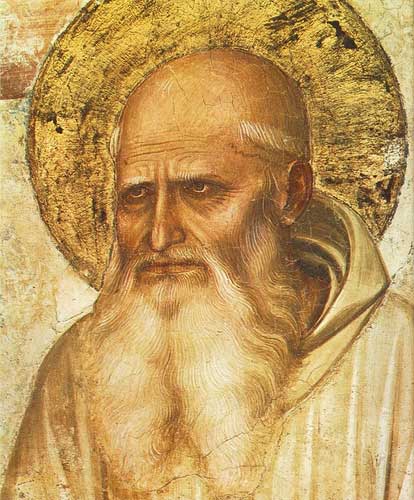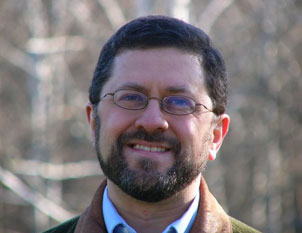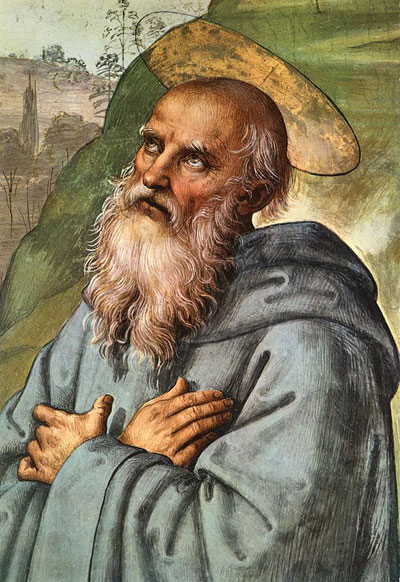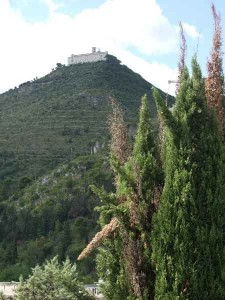Podcast: Play in new window | Download (Duration: 3:02 — 2.2MB) | Embed
Subscribe: Apple Podcasts | Spotify | Amazon Music | Android | Pandora | iHeartRadio | JioSaavn | Podchaser | Gaana | Podcast Index | Email | TuneIn | Deezer | Anghami | RSS | More
Holy Rule Novena to St. Benedict – Day 5

In the Holy Rule, St. Benedict you have said:
The second degree of humility is, when a man loves not his own will, nor is pleased to fulfill his own desires but by his deeds carries out that word of the Lord which says: “I came not to do My own will but the will of Him that sent Me” (Jn 6:38). It is likewise said: “Self-will has its punishment, but necessity wins the crown.”
The third degree of humility is, that for the love of God a man subject himself to a Superior in all obedience, imitating the Lord, of whom the Apostle says: “He became obedient unto death” (Phil 2:8).
The fourth degree of humility is, that, if hard and distasteful things are commanded, even though injuries are inflicted, he accept them with patience and even temper, and not grow weary or give up, but hold out, as the Scripture says: “He that shall persevere to the end shall be saved” (Mt 10:22). (Holy Rule 7)
Glorious Saint Benedict,
sublime model of virtue, pure vessel of God’s grace!
Behold me humbly kneeling at your feet.
I implore you in your loving kindness to pray for me before the throne of God.
To you I have recourse in the dangers that daily surround me.
Shield me against my selfishness and my indifference to God and to my neighbor.
Inspire me to imitate you in all things.
May your blessing be with me always, so that I may see and serve Christ in others and work for His kingdom.
Graciously obtain for me from God those favors and graces which I need so much in the trials, miseries and afflictions of life.
Your heart was always full of love, compassion and mercy toward those who were afflicted or troubled in any way.
You never dismissed without consolation and assistance anyone who had recourse to you.
I therefore invoke your powerful intercession, confident in the hope that you will hear my prayers and obtain for me the special grace and favor I earnestly implore.
{mention your petition}
Help me, great Saint Benedict, to live and die as a faithful child of God, to run in the sweetness of His loving will, and to attain the eternal happiness of heaven.
Amen.
O Holy Father, St. Benedict, pray for us.





